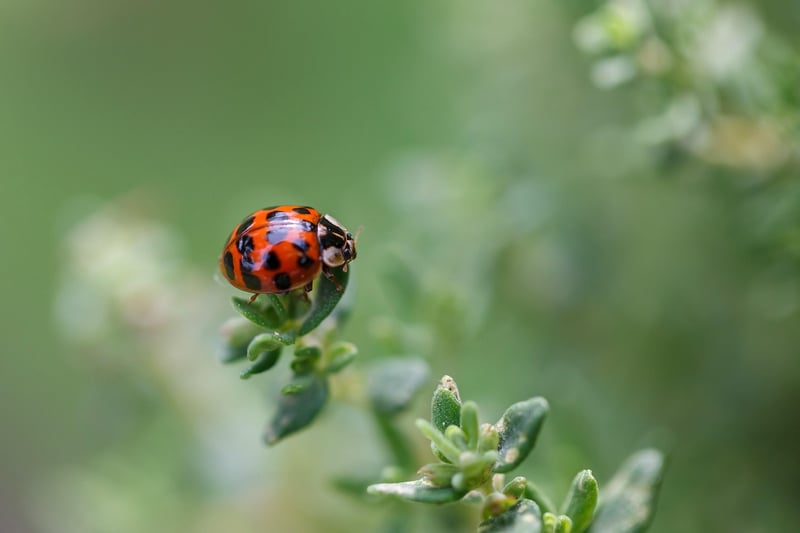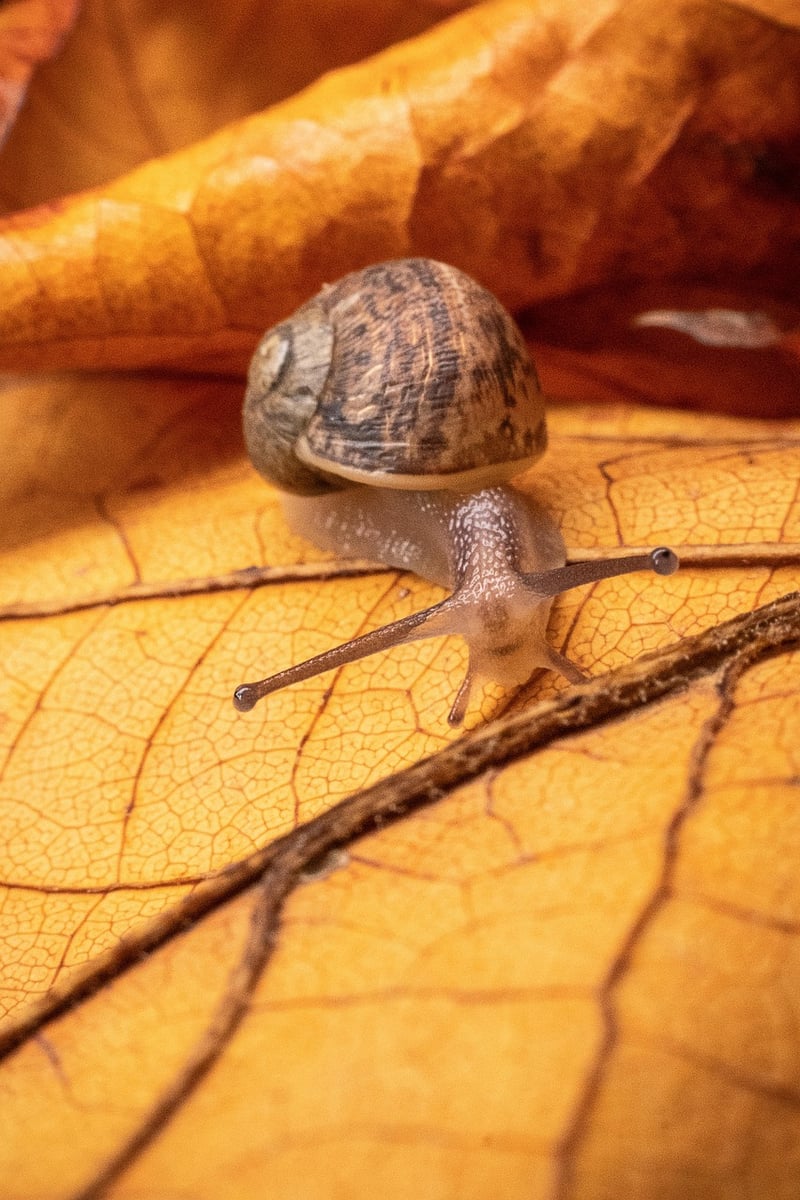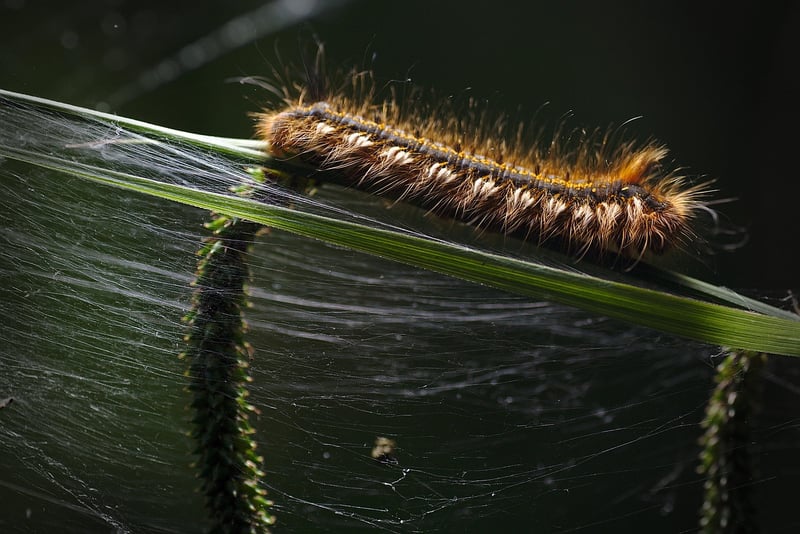Pest Control
Keep Your Garden Thriving with Effective Pest Control
Having a beautiful garden is a source of joy for many people, but pesky pests can quickly turn it into a nightmare. To ensure your garden stays thriving and pest-free, it's essential to implement effective pest control measures. Here are some tips to help you keep your garden healthy and vibrant:
1. Identify the Pests
Before you can effectively control pests in your garden, you need to identify them. Keep an eye out for common garden pests such as aphids, snails, slugs, and caterpillars. Knowing which pests you are dealing with will help you choose the right control methods.
2. Implement Natural Predators
One of the most effective ways to control pests in your garden is by introducing natural predators. Ladybugs, lacewings, and praying mantises are great options for controlling aphids and other small insects. Attracting birds to your garden can also help keep pest populations in check.
3. Use Organic Pest Control Methods
Avoid harsh chemical pesticides that can harm beneficial insects and pollute the environment. Instead, opt for organic pest control methods such as neem oil, diatomaceous earth, and insecticidal soaps. These options are effective at controlling pests while being safe for the environment.
4. Practice Crop Rotation
Rotating your crops each season can help prevent the buildup of pest populations in the soil. Different plants attract different pests, so rotating your crops can disrupt the pests' life cycles and reduce infestations.
5. Maintain Garden Hygiene
Keeping your garden clean and tidy can help prevent pest infestations. Remove any dead or decaying plant matter, weeds, and debris where pests can hide and breed. Regularly inspect your plants for signs of pest damage.
6. Invest in Physical Barriers
For larger pests such as deer, rabbits, and rodents, physical barriers can be highly effective. Install fences, netting, or row covers to protect your plants from being eaten or damaged by these animals.
7. Monitor Your Garden Regularly
Regular monitoring is key to detecting pest problems early. Check your plants regularly for signs of pest damage, such as holes in leaves, chewed stems, or discolored foliage. The sooner you identify a pest problem, the easier it is to control.
By following these tips and implementing effective pest control measures, you can keep your garden thriving and beautiful throughout the growing season. Remember that a healthy garden is a balanced ecosystem where pests are kept in check naturally. Happy gardening!



